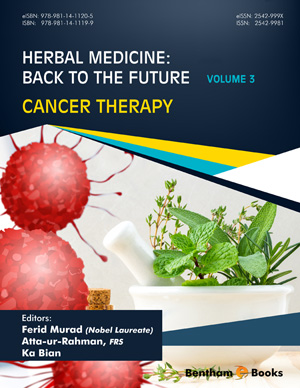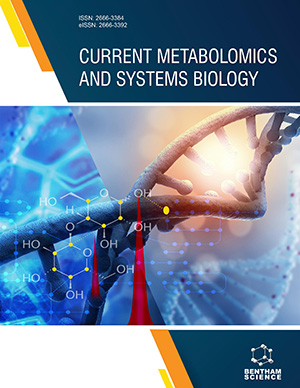Abstract
World Health Organization (WHO) estimates that in 2015 cancer was the primary cause of death of 8.8 million people, which transfers to every sixth death globally. The number of newly diagnosed cancer cases annually is expected to reach more than 23 million over the next 2 decades. Cancer describes a large group of diseases originating in uncontrolled growth of abnormal cells in the body, debilitating for the patient and usually requiring complex long-term treatment. Surgery, chemotherapy and radiotherapy are considered as the most common conventional cancer therapies. These treatment strategies, however, are associated with limitations and clinical results are often unsatisfactory. Therefore, combined and more effective therapies in cancer treatment must be implemented.
Traditional herbal medicines (THM) have been used in treatment of cancer for thousands of years in majority of Asian countries. It is also a common practice nowadays to combine THM with Western cancer management schemes, consolidating a variety of natural agents into one treatment strategy. The use of herbal products in cancer therapy, over the last years, has received much attention also in Western countries becoming more popular among patients, with a prevalence reaching up to 80%. Large number of these medications is also widely approved as a form of complementary and alternative medicine in cancer treatment in both Europe and United States. Clinical challenge in management of cancer is cancer-related fatigue (CRF), which is a persistent sense of tiredness associated with the treatment or the disease itself that cannot be eliminated by rest. THM in the recent years presents with a wide range of opportunities among which management of adverse treatment effects and fatigue emerge as worth investigating. Herbal medicines may be considered as an effective and safe treatment of CRF. In conclusion, herbal medicines possess a wide range of activities in relation to cancer treatment. Natural medical agents may reduce cancer-related fatigue as well as damage to gastrointestinal, respiratory and nervous systems. However, considering, little scientific knowledge about efficacy and safety of herbal products consecutive controlled clinical studies are needed to fully verify this matter.Keywords: Cancer, Fatigue, Traditional Chinese Herbal Medicine.






















